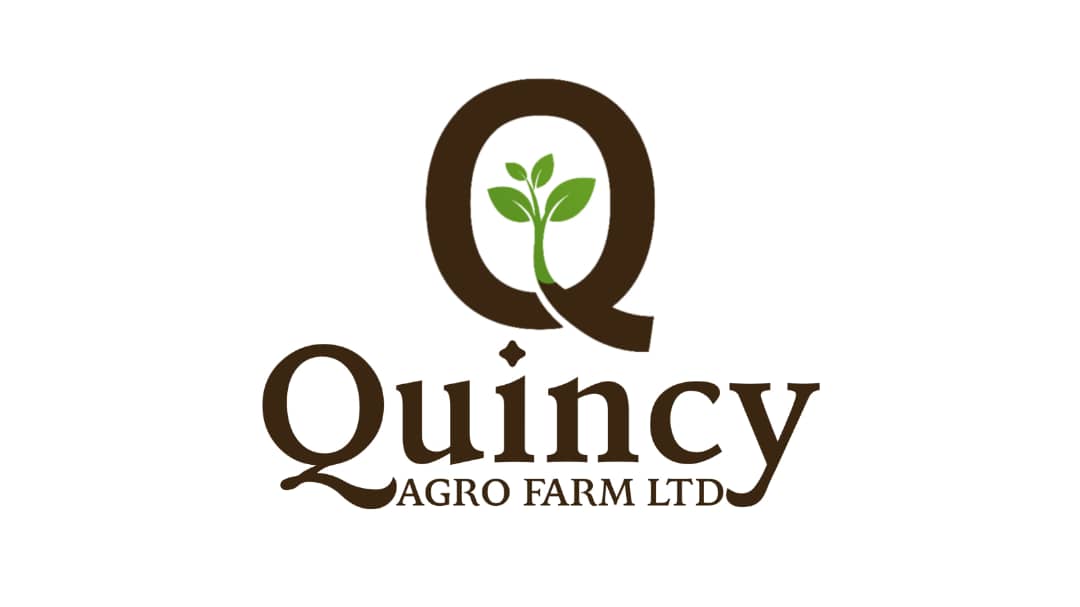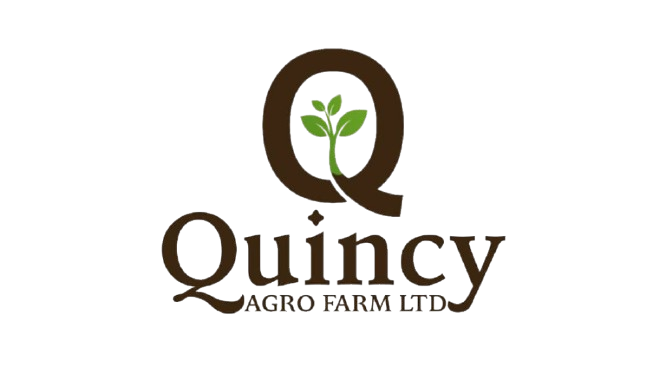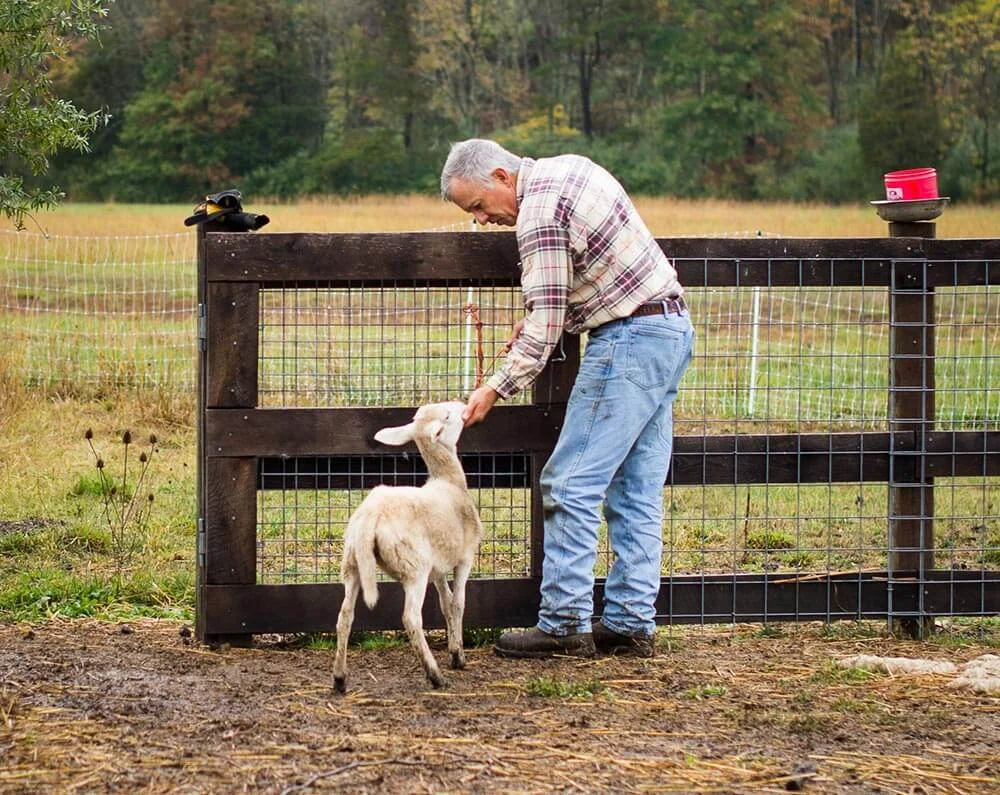As climate change, population growth, and food insecurity continue to challenge traditional farming methods, the case for investing in greenhouses has never been stronger. Greenhouses offer a smart, scalable solution that empowers farmers to grow high-value crops sustainably, regardless of season or weather conditions.
1. Year-Round Production
Greenhouses create controlled environments, enabling farmers to grow crops throughout the year. This consistency boosts income potential and protects against seasonal shortages that often plague open-field farming.
2. Higher Yields and Crop Quality
With the ability to manage temperature, humidity, and pests, greenhouses significantly increase crop yields and quality. Fruits and vegetables grown under these conditions are often more vibrant, nutritious, and market-ready, commanding better prices in both local and international markets.
3. Efficient Use of Resources
Compared to traditional farming, greenhouse agriculture uses significantly less water and land while maximizing output. With technologies like drip irrigation and hydroponics, greenhouse farming can reduce water usage by up to 70%.
4. Job Creation and Youth Engagement
Greenhouse farming is also labor-intensive and offers diverse roles—from crop monitoring and climate control to packaging and distribution—opening doors for youth employment and entrepreneurship, especially in rural communities.
5. Climate Resilience
As weather patterns become less predictable, investing in greenhouses is a proactive step toward climate-resilient farming. It protects crops from floods, droughts, and extreme temperatures, ensuring a stable food supply.
The Case for Investing in Greenhouses – A Strategic Move for Sustainable Agricultur
At Quincy Agro Farms, we are committed to transforming agriculture in Anambra State and beyond through innovation, sustainability, and community engagement. One of the most promising tools to achieve this vision is the greenhouse — a proven method for maximizing yield, reducing waste, and creating jobs.
At Quincy Agro Farms, we are exploring and encouraging different types of greenhouse farming models, each designed to suit specific goals and resource levels.
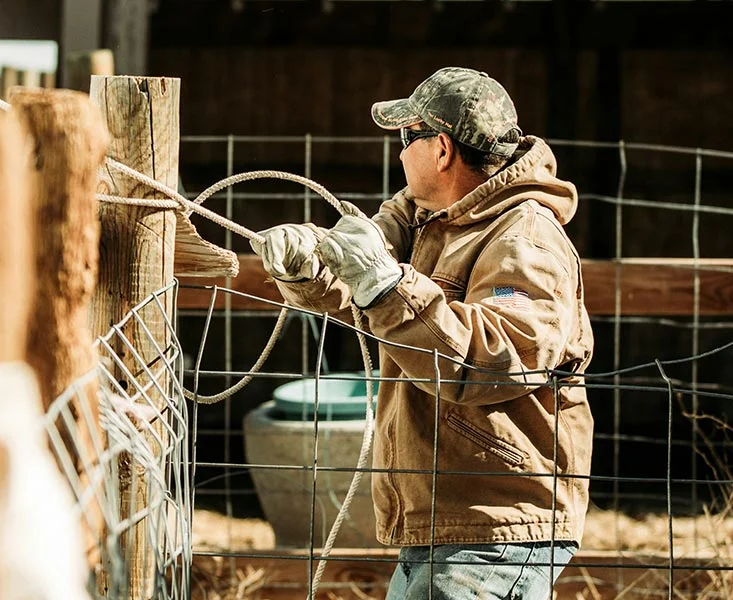
Low-Cost Poly Tunnel Greenhouses
Hydroponic Greenhouses
Aquaponic Systems
Climate-Controlled Commercial Greenhouses
Training & Demonstration Greenhouses
Community Cooperative Greenhouses
Aenean ut pharetra metus, convallis tincidunt erat. Aliquam vel justo neque. Etiam at lectus et neque viverra interdum eget nec enim. Nullam eu suscipit ligula. Aliquam at massa lobortis, vulputate tellus sit amet, mollis mauris. Mauris feugiat metus eget velit tempus, vitae finibus ligula egestas.
A sustainable smart city embodies the fusion of technological advancements with a commitment to minimizing environmental impact. These cities harness the power of digital innovation. Martin & Michiel - Guests from Norway
Why Greenhouses?
In a region where farmers often contend with erratic weather, poor soil quality, and short growing seasons, greenhouses provide a controlled, protective environment to grow crops more efficiently. This is especially vital as food demand rises and climate unpredictability continues to affect traditional farming.
Benefits of Investing in Greenhouses
Year-Round Production
Eliminate off-seasons. Greenhouses allow for continuous planting and harvesting, increasing income reliability for farmers.
Improved Crop Quality & Higher Yields
With the ability to control light, humidity, and temperature, crops flourish under ideal conditions.
Water Efficiency
Using systems like drip irrigation, greenhouses reduce water use by up to 70% compared to open-field farming.
Climate Resilience
Protect crops from floods, pests, droughts, and heat waves, ensuring stability in food production.
Empowering Youth and Women
Greenhouse farming creates technical and entrepreneurial opportunities, especially for youth and women in the community.
Export-Ready Produce
With higher quality control, greenhouse crops are better suited for premium markets and export.
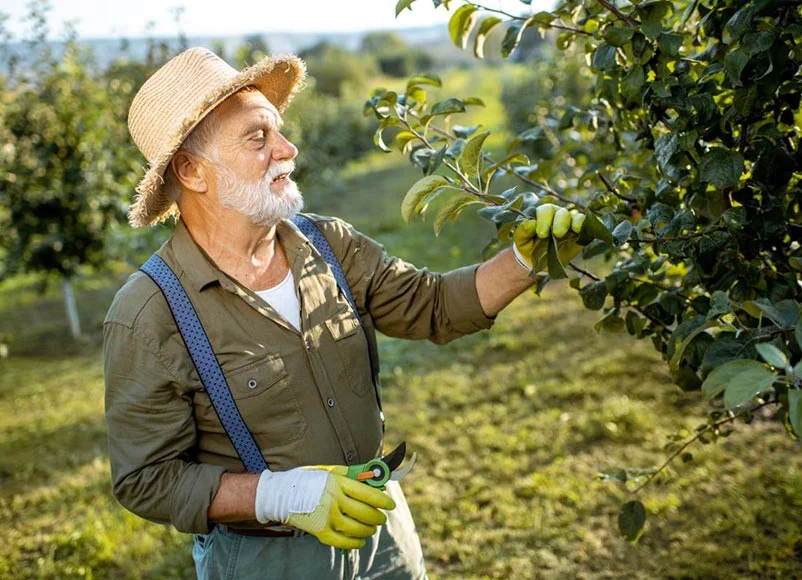
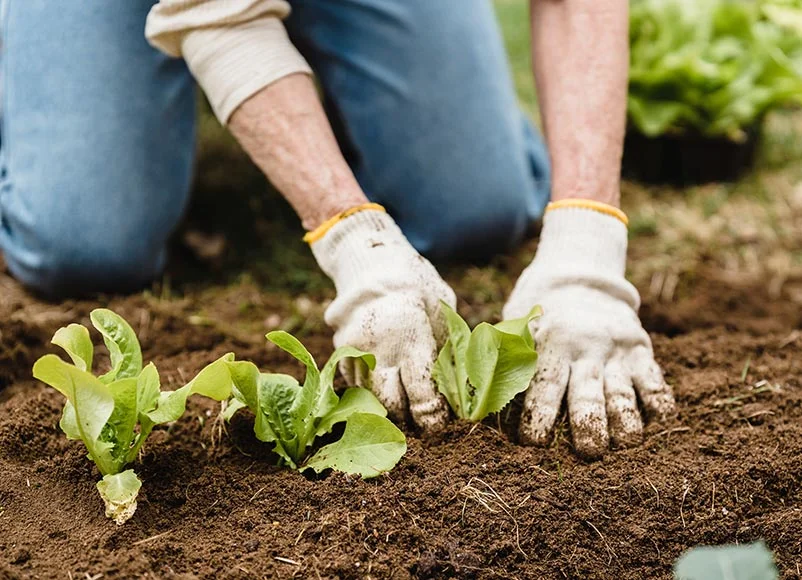
Greenhouses are not just tools for food production; they are engines of economic development, sustainability, and food security. For farmers, investors, and policymakers looking to future-proof agriculture, greenhouses represent a smart and necessary investment.
We are actively working on pilot greenhouse projects within our 100-hectare farm in Awba-Ofemili, Awka-North LGA, to demonstrate how sustainable technologies can uplift farmers, reduce poverty, and secure our food systems.
Are you a farmer, investor, NGO, or government body looking to support greenhouse farming in Nigeria?
Let’s work together to scale this initiative across communities.
📧 Contact us at info@quincyagrofarms.org or call +2348039363782.
